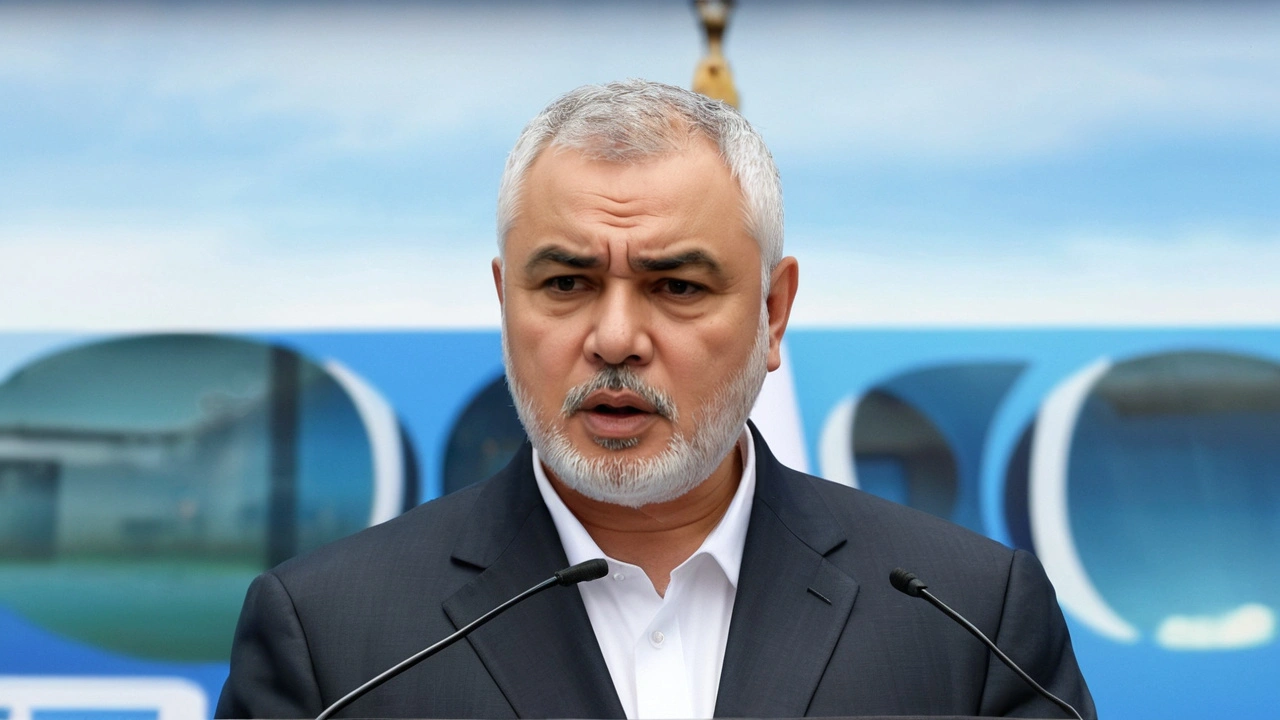Palestine conflict: clear updates and what you need to know
Violence and political moves in the Palestine conflict can change fast. You need updates that cut through noise, explain what matters, and point to reliable help. This page collects our latest reporting, explains key terms, and shows how you can follow events safely and smartly.
What the headlines mean
When you see words like "ceasefire," "occupation," or "humanitarian corridor," they carry specific meaning. A ceasefire is a temporary halt in fighting, not a peace deal. Occupation refers to control of territory by a foreign military. Humanitarian corridors are routes meant for aid but are often risky. Knowing these basics helps you read reports without panicking over every headline.
Watch for concrete facts: who controlled an area at a given time, casualty numbers from verified sources, and statements from recognized agencies like the UN or ICRC (International Committee of the Red Cross). Eyewitness videos help, but timestamps and geolocation matter. If no source or verification is given, treat the claim with caution.
How to follow, verify, and act
Want reliable updates? Try these steps: follow reputable news outlets and official statements; check timestamps; compare reports from multiple sources; and look for NGO or UN confirmations for casualty and aid claims. Use reverse-image search on social media photos and prefer outlets that show how they verified footage.
Patio Pulse focuses on the African perspective too. Many African countries issue statements, host solidarity protests, or are affected through citizens abroad. Look for our stories that explain regional reactions, migrant impacts, and diplomatic moves from the African Union and member states.
If you want to help civilians, give to established humanitarian groups such as UN agencies, Red Cross/Red Crescent, Doctors Without Borders (MSF), or credible local aid groups. Check charity watchdogs or the charity’s own financial reporting before donating. Avoid fundraising pages that lack clear oversight.
Travel advice: avoid non-essential travel to conflict zones. If you must travel, register with your embassy, follow official travel advisories, and keep emergency contacts handy. Protect your digital safety: use secure communication apps and be careful sharing your location or photos from volatile areas.
On this tag page you’ll find our latest articles, expert analysis, and on-the-ground reports. Use the filters to sort by date, region, or type (analysis, eyewitness, humanitarian). Subscribe to our newsletter for daily summaries if you don’t want to check the site constantly.
If a story matters to you—share reliable sources, join verified local support efforts, and pressure policymakers with clear questions rather than viral posts. The conflict is complex. Clear, patient reporting helps you understand what’s happening and what you can do next.

Hamas Denounces Israeli Airstrike Killing Political Leader Ismail Haniyeh in Iran
Keabetswe Monyake Jul 31 10Ismail Haniyeh, the political leader of Hamas, was killed in an Israeli airstrike while in Iran. Hamas has issued a strong statement denouncing the assassination and vowed to continue their fight against Israel. The incident has increased regional tension and attracted international condemnation. Haniyeh is to be buried in Lusail, Qatar. The conflict in Gaza remains intense, with numerous casualties reported.
More Detail